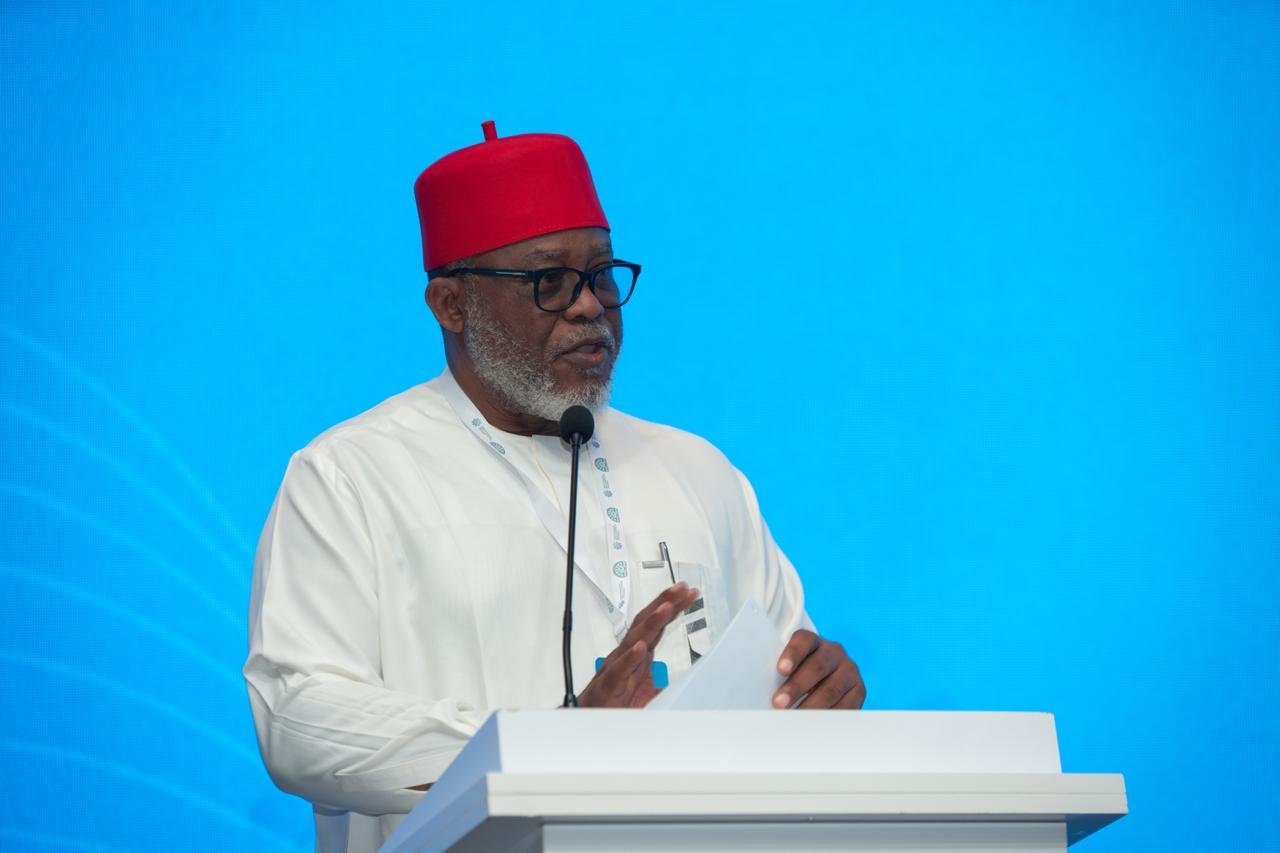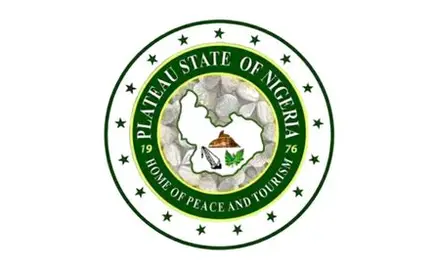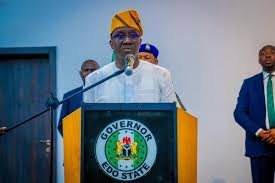
ABUJA, Nigeria – Nigeria calls on member countries of the Developing-8 (D-8) to deepen media collaboration as a decisive tool for transparency, combating misinformation and strengthening regional cohesion.
The appeal was delivered at the D-8 Media Forum in Baku, Azerbaijan, where officials emphasised that media partnerships have become indispensable in an era driven by digital communication.
Minister of Information and National Orientation, Alhaji Mohammed Idris,represented by the Executive Secretary of the Nigerian Press Council, Nze Dili Ezughah, says coordinated media action is critical, citing the bloc’s growing economic influence.
In a statement issued on Saturday by Suleiman Haruna, Director of Public Relations and Protocol at the Ministry, Idris stresses: “With the D-8’s combined GDP exceeding $8 trillion and intra-group trade accounting for 10 per cent of global trade, media cooperation is essential for shaping public understanding and promoting transparency.”
He highlights Nigeria’s homegrown innovations, including the UNESCO-backed International Media and Information Literacy Institute (Category 2)—Africa’s first—designed to train journalists and citizens on digital safety and countering misinformation. He invites member states to partner on curriculum development, capacity-building and joint research.
“Our digital infrastructure, with over 100 million registered identities, provides a strong platform for verified information sharing across borders,” he says, noting significant progress in digital identity systems.
To advance D-8 cooperation, Idris proposes shared ethical frameworks, joint media literacy programmes for youth and journalists, collaborative research on AI verification tools, expanded newsroom exchanges and partnerships in digital content creation.
“The D-8 is more than an economic bloc; it is a community of nations with shared aspirations,” he concludes. “Our collaboration in the media is key to building informed citizens, cohesive societies and resilient economies.”




